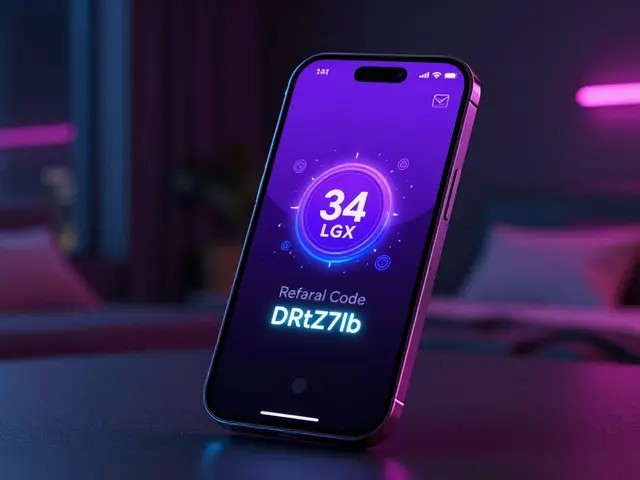Crypto Platform Licensing: What You Need to Know
When navigating crypto platform licensing, the set of legal permissions a blockchain service must obtain to operate in a given jurisdiction, also known as crypto service licensing, you’re dealing with a moving target of rules and oversight. The first step is to understand that crypto exchange licensing, the process that lets a digital asset marketplace meet local financial regulations often sits under the broader licensing umbrella. In practice, Travel Rule, a FATF‑mandated requirement that crypto transactions above a set threshold include originator and beneficiary information influences every licensing application because regulators use it to track money‑laundering risks. Meanwhile, jurisdictions like Singapore enforce MAS licensing, the Monetary Authority of Singapore’s approval framework for crypto service providers, which adds a layer of consumer protection and AML compliance. In short, crypto platform licensing encompasses regulatory research, compliance program design, and ongoing reporting – all of which are shaped by the Travel Rule and local licensing bodies.
Key Elements of a Successful Licensing Strategy
First, map the jurisdiction’s regulatory classification. Some countries treat tokens as securities, others as commodities, and a few as utility tools. Knowing the classification tells you which authority – securities regulator, central bank, or financial services commission – you’ll approach for approval. Second, build a compliance stack that satisfies KYC, AML, and the Travel Rule. Automated transaction monitoring tools can flag suspicious flows and generate the data fields required by the Travel Rule, which in turn satisfies a core licensing predicate. Third, prepare robust governance documents. Policies on data privacy, token issuance, and user dispute resolution must be clear and audit‑ready; regulators often request these during the licensing review. Finally, allocate resources for post‑licensing reporting. Most licensing regimes demand periodic filings on transaction volume, AML controls, and any material changes to the platform’s structure. Skipping these updates can trigger fines or revocation of your license.
Our curated collection below dives into each of these topics with real‑world examples. You’ll find step‑by‑step guides on meeting the EU Travel Rule zero‑threshold, a deep dive into Singapore’s MAS licensing framework, and practical checklists for crypto exchange licensing across multiple jurisdictions. Whether you’re launching a new DeFi protocol, upgrading an existing DEX, or just trying to stay compliant, the articles ahead give you actionable insights to navigate crypto platform licensing with confidence.




